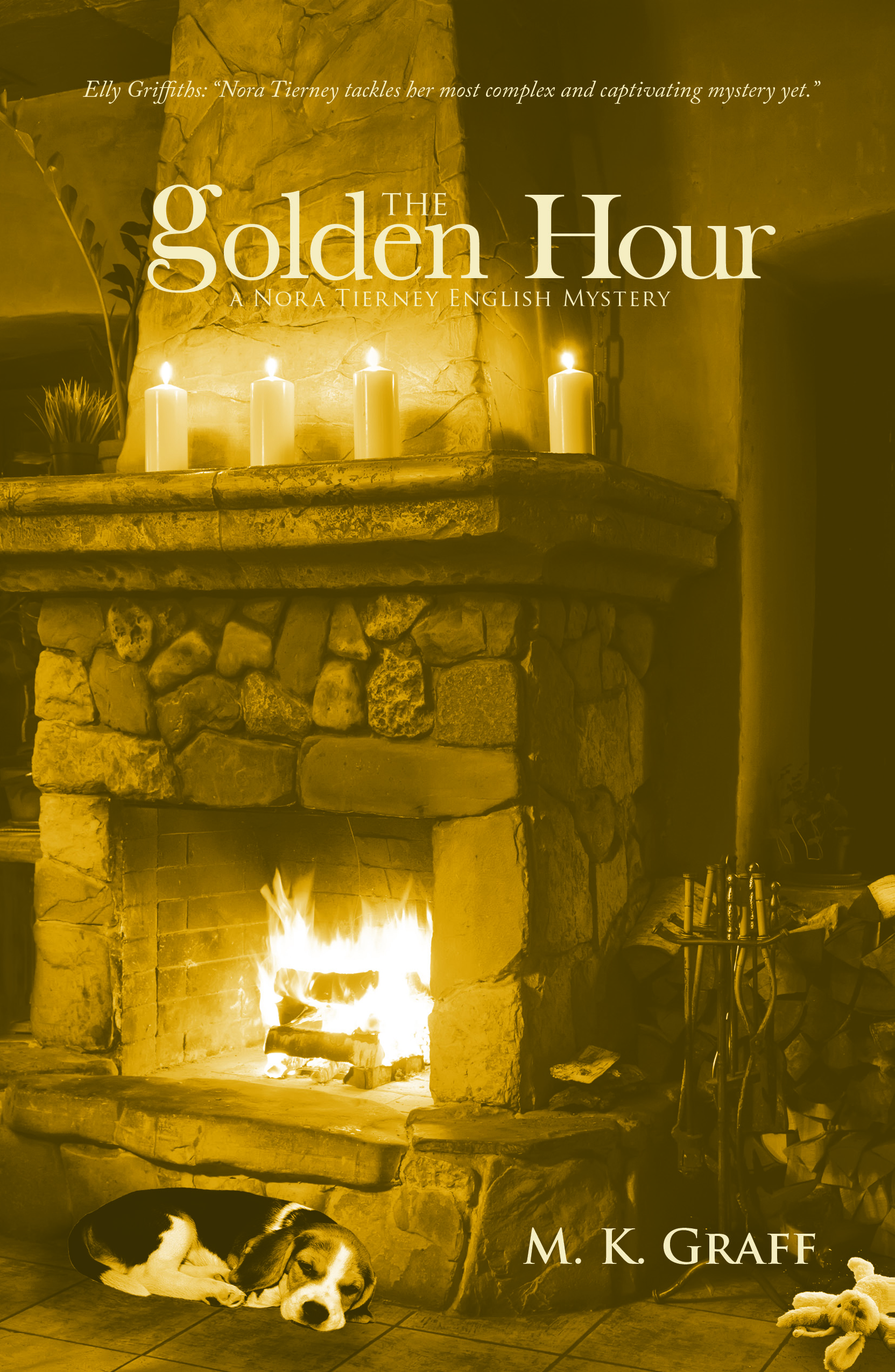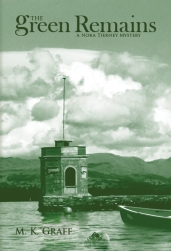Please welcome Gabriel Valjan, whose new mystery, DIRTY OLD TOWN is just out. We sat down recently to talk about it.
Auntie M: Your new book, Dirty Old Town, is the first in the Shane Cleary Mystery with Level Best Books. What drew you to create Shane and after five books in your Roma Series with Winter Goose Publishing, what drew you to writing this new series?
Gabriel Valjan: The Roma Series novels were written out of my love and appreciation of Italy, having spent time abroad and reading the late Andrea Camilleri’s Inspector Montalbano series. What I continue to admire in Camilleri’s writing is the way he braided food, history, and humor while serving up a slice of crime and corruption to readers. I should also mention that the end notes from his translator Stephen Sartarelli are brilliant.
As a writer I like to challenge myself. With the Shane series, I’m working on my goal to write historical fiction, and the Seventies were a part of my childhood. I didn’t live in Boston at the time, so I think being an outsider is a positive because I can see and appreciate New England from a different angle. The Seventies is a maligned decade for its fashion, music, and even its headless sense of direction after the tumultuous Sixties; it was, for me, an era full of cults and conspiracies—Watergate being the foremost political debacle—and an era that wanted to feel passionate about something, whether it was the environment, feminism, or other forms of social justice.
AM: The title brings a reader immediately to asking questions and investigating the setting, making this reader feel that Boston will function as a strong character. Was the title always Dirty Old Town, or was it an editorial suggestion?
GV: Dirty Old Town was my title. People might think “Dirty Old Town” is a riff on Jim Botticelli’s book Dirty Old Boston (2014), which started out as a Facebook group page, or the Pogue’s track, “Dirty Old Town” from their 1985 album, Rum Sodomy & the Lash, but the truth is I was thinking of how dirty the Charles River and Boston Harbor were in the Seventies.
I remember vividly the campaign ads George Bush, Senior ran against Governor Dukakis in 1988. Bush drilled down on Dukakis’s failure to clean up Boston Harbor, which is ironic, given the Exxon Valdez spill in 1990.
AM: How does the world of this private investigator function? Do you think you’d like being a PI in reality?
GV: Shane becomes a PI, after a failed career with the Boston Police Department. Why he left the BPD is part of a longer story arc. He believes in Right or Wrong, but he also understands Life in Boston is often gray and ambiguous. He’s knows class distinction and prejudices.
His best friend is another Vietnam vet and cop, who happens to be closeted gay. Shane himself came up working-class, aware of the difference between ‘lace curtain Irish’ and ‘shanty Irish.’ He is educated among the Elites, until his father’s suicide changes his life’s direction. His client in this first novel is the husband of his ex, who married up “because she had a name and no money, and he had money and a name.”
I’d like to think I’d make a decent PI. Research has always been a strength for me. Back in the day, I worked in a lab, which taught me procedure. Once upon a time I was in engineering, which taught me structure. I was a nurse, which helped me ‘read people.’
We’ve talked about this last point at Malice Domestic. Nurses rely on Observation and Assessment, which lead to hypotheticals and POE, Process of Elimination. I know this will sound terrible, but nurses are the most ruthless people I know. We don’t have luxuries when it comes to saving lives. We see and we respond. Like a PI or a cop, sometimes a hunch is involved.
We shouldn’t be surprised if past experiences influence writing. We have several journalists among our ranks (RG Belsky, Hilary Davidson, and Hank Phillippi Ryan); lawyers (Shannon Capone and Connie Hambley Johnson); health care professionals (me, you, and Alexia Gordon), and we have folks from law enforcement (Micki Browning, Bruce Coffin, and Lissa Marie Redmond).
AM: To expand on my earlier question of ‘Why the Seventies?’ Were there any pitfalls or dangers of this era?
GV: Like trying not to sound like George V. Higgins, Robert Parker, or Dennis Lehane? Let’s be honest, each decade of American history is a continuum of unresolved social issues, however we label or repackage them. Black Power. Gay Liberation. Women’s Lib.
We’re having the same conversation today, albeit with a different vocabulary. Any cynicism, like cologne, varies with intensity. Power and Money still rely on desire and division, whether it’s your vote or how much is in your wallet. Aware of history, I try to avoid clichés and caricatures in my writing when I take the reader into the Seventies.
People want stories. I try to tell one that’ll make you experience a different reality. I want you to feel the people I create, cringe and shudder with them, and laugh at them or with them. Life is about learning, living, and dying. Learning about yourself or others is on you.
Gabriel Valjan lives in Boston’s South End where he enjoys the local restaurants. When he isn’t appeasing Munchkin, his cat, with tuna, he documents the #dogsofsouthendboston on Instagram. His short stories have appeared online, in journals, and in several anthologies. He has been a finalist for the Fish Prize, shortlisted for the Bridport Prize, and received an Honorable Mention for the Nero Wolfe Black Orchid Novella Contest. Gabriel is the author of two series, Roma and Company Files, with Winter Goose Publishing. Dirty Old Town is the first in the Shane Cleary series for Level Best Books. You can find him on Twitter (@GValjan) and Instagram (gabrielvaljan). He lurks the hallways at crime fiction conferences, such as Bouchercon, Malice Domestic, and New England Crime Bake. Gabriel is a lifetime member of Sisters in Crime.










I’m so excited about your new series, Gabriel, especially after this insight. My best to you!
LikeLike
Thank you, Micki, and thank you for reading.
LikeLike